The Brussels-based boutique hotel Made in Louise had a major leg up on many competitors during the pandemic thanks to its advanced tech stack. This helped them get through the corona crisis and make the most of the beginning recovery phase.
Martin Duchateau, General Manager and owner of the 48-key Made in Louise hotel, shares how he navigated the pandemic at his hotel, the role his revenue management system (RMS) played, how he optimized his operations and which changes are permanent.
Diving into The Growing World of Hotel Tech
With more PMSs to pick from, RMSs becoming more powerful, and new guest-facing apps emerging regularly, hoteliers today are spoilt for choice when it comes to tech. This growing offering has led to the democratization of technology in the hospitality industry. For independent hotels, new tools used to be expensive and tricky to implement due to lacking integration options.
Today, tech is more powerful and accessible than ever. This allows hoteliers to leverage technology in areas ranging from guest communication and pricing to access management and website conversion optimization. And since more tech providers now use open APIs, data exchange and communication among tools and team members has become much more effective.
“There are so many tools available today, with new ones constantly being released. Since many work on a plug-and-play basis, it’s easy to test options to find the best one for your property. Connectivity between solutions, beyond the PMS, still needs to get better, though. That’s the key to a lean guest journey and efficient operations. Since several PMS providers are working on connected marketplaces, I’m confident that building a well-integrated tech stack will keep getting easier,” Martin says.
Staying Open During The Pandemic with The Help of Tech
While many competitors temporarily shuttered their properties, Made in Louise remained open for most of the pandemic. According to Martin, being a small, independent hotel made adapting to the new circumstances easier.
When Made in Louise closed for three months in early 2020, Martin and his team seized the opportunity to revisit and update every part of their operation. Reduced costs, less direct contact and maintaining high service standards were their primary goals. New procedures included management staff working from home, guests checking in/out online and communicating with the hotel via live chat.
“The summer of 2020 was actually a relatively good season for us. Our tech stack helped us offer guests a great experience all while keeping everyone safe and respecting hygiene regulations. Even though the second wave hit us hard, we were able to stay open since we had drastically reduced operating costs,” Martin elaborates.
Learning to Work with Unpredictable Demand
Today many admin tasks at Made in Louise are automated. Most of the guest journey has moved online as well with around 70% of guests checking in and out online. As a result, the hotel can run with a smaller team, reduce its operating costs and free up staff for other tasks. For Martin and his team, many of these changes will remain even after Covid since guests have come to appreciate and even expect these digital services.
“Our team members wear many hats. For example, our front office team also handles breakfast now because so much of their original work has shifted online or is automated. Overall, our team is down to only seven people and we’ve made our staff rotation much more flexible. That allows us to adjust staffing to demand, so our guests get great service, and we keep costs in check,” Martin explains.
Maximizing Productivity with a Leaner Team
In light of Covid-induced budget cuts, both operational and commercial teams have become leaner at many hotels. Since fewer staff now need to take on more different tasks, the efficiency and user-friendliness of their tools have become more critical than ever.
Martin puts it this way: “As a GM, I handle several commercial and operational tasks every day. I want to get the most out of every tool without spending too much time on it. That’s one of the things I appreciate about our RMS. It automatically adjusts my room rates and captures revenue and pricing opportunities for me. Our RMS has basically removed the tedious task of manual price setting. If I wish, I can view the price changes that have been made in an easy-to-read format.”
“Another unique advantage with our RMS is that it is extremely easy to use on any device and especially on a mobile phone. With a smaller team and with the dynamic working culture in a hotel, the application we use needs to be accessible from anywhere, at any time.”
Merging revenue, sales and marketing teams has increased the importance of software integrations and data sharing between tools. Breaking up data and communication silos has become especially urgent for today’s leaner teams.
“Tools that integrate and share data create a more fluid, connected environment where we can work efficiently. We look beyond apps that integrate only with the PMS. Our tools must also connect with each other to form a solid network, so we can streamline and optimize all commercial tasks.”
Martin has another reason to optimize his tech stack for maximum productivity and efficiency. His second hotel’s opening is scheduled for mid-2022. A fully optimized tech ecosystem will help him and his team offer excellent service, absorb the added workload and optimize sales, marketing, revenue and guest profiling at both properties from the get-go.
Finding More Revenue Opportunities
Before using his new RMS, Martin had based his pricing decisions on data from his business intelligence tool and his experience and knowledge of the market. While this usually led to good results, sometimes Made in Louise would book out on lower rates for check-in dates outside the usual booking window. This meant he missed opportunities for last-minute yielding.
Implementing his new RMS in mid-2020 solved this problem: “When I was researching RMSs, I wanted a tool that would use both internal and external data for price recommendations, not just my property’s performance information. This made Atomize the natural choice for me because it analyzes live future demand data, competitor information as well as my historical and on-the-books data 24/7. This reveals emerging demand pockets well in advance and adjusts my rates in real-time, even in today’s unpredictable environment. Paired with the slowly reviving travel market, this has helped us steadily lift our ADR over the past months.”
On top of this, the time he saves thanks to his new RMS is another major bonus. Now Martin no longer has to collect and analyze data or update room prices manually. Instead, his RMS handles this for him, and he can concentrate on other tasks.
Free Calculator: Revenue Management System ROI Calculator
With this revenue calculator, you discover how much revenue uplift a revenue management system can generate for your hotel. By answering a few short questions, the revenue calculator shows your hotel’s revenue potential within a few minutes.
Click here for the “Revenue Management System – Return on Investment Calculator”.
Building an advanced tech stack for Made in Louise allowed Martin to fine-tune his service and get through one of the most challenging periods the international hospitality industry ever saw. He’s optimistic that his tech updates and other changes will keep paying off well into the future.
More Tips to Grow Your Business
Revfine.com is the leading knowledge platform for the hospitality and travel industry. Professionals use our insights, strategies, and actionable tips to get inspired, optimize revenue, innovate processes, and improve customer experience.Explore expert advice on management, marketing, revenue management, operations, software, and technology in our dedicated Hotel, Hospitality, and Travel & Tourism categories.

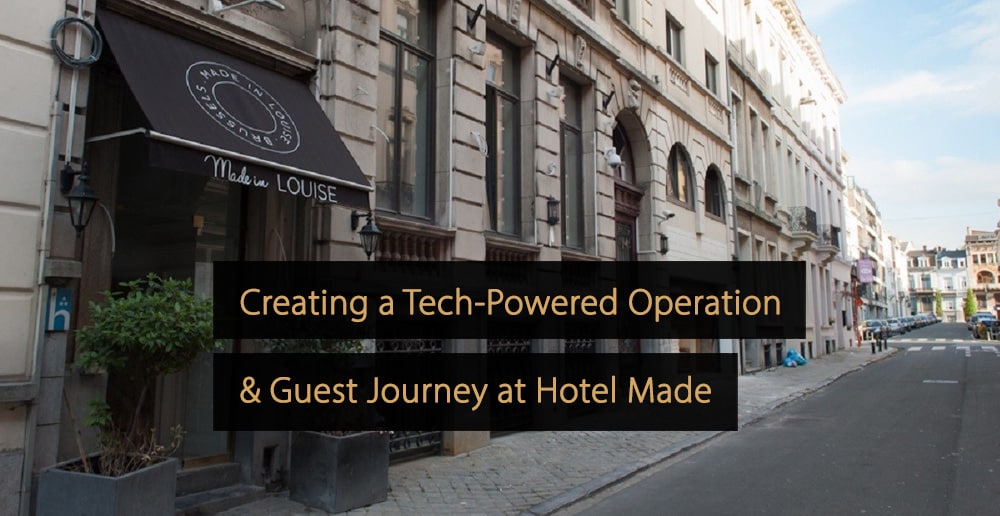


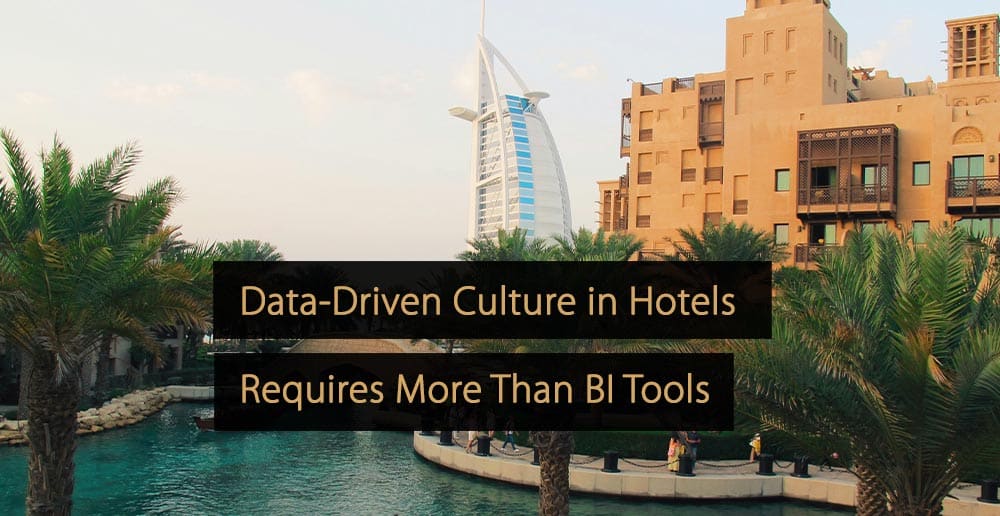
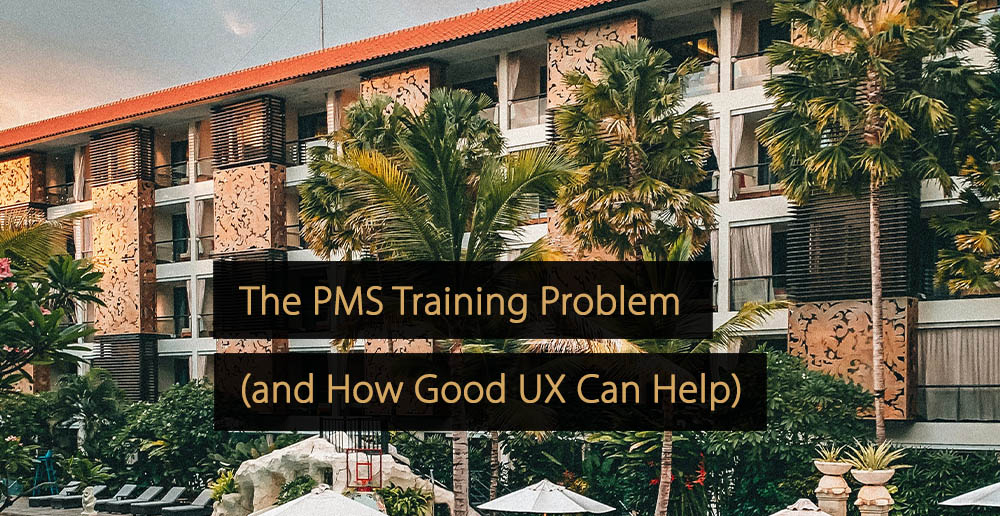
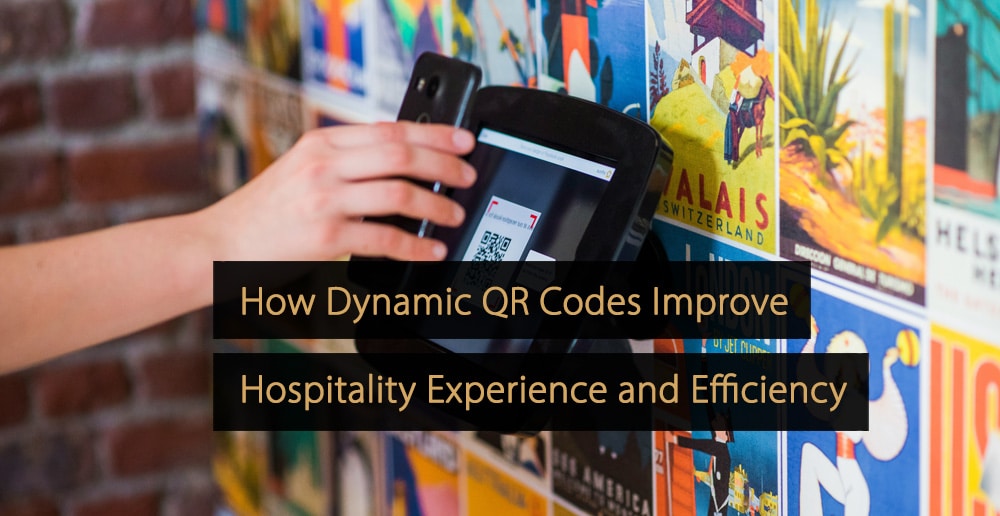
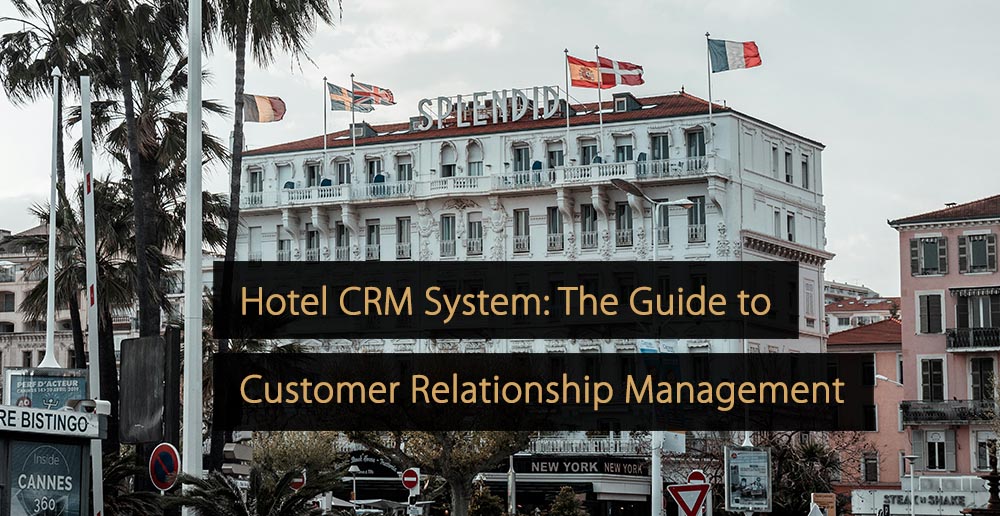
Leave A Comment